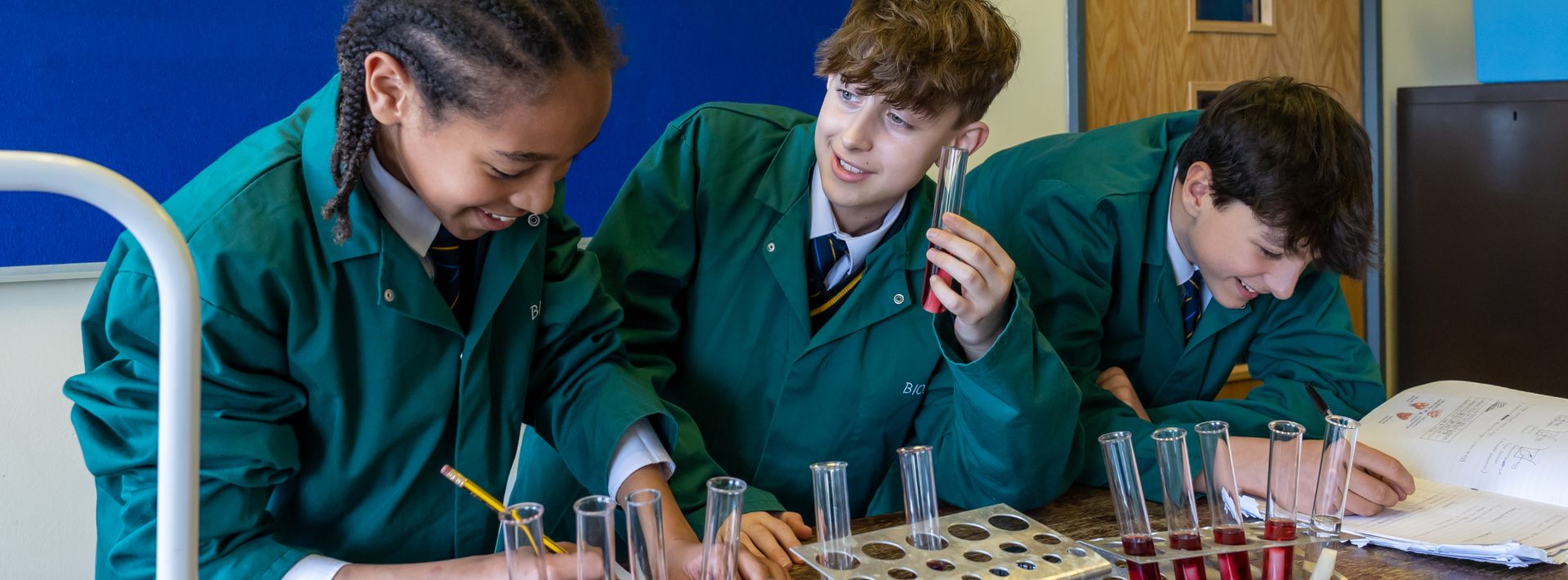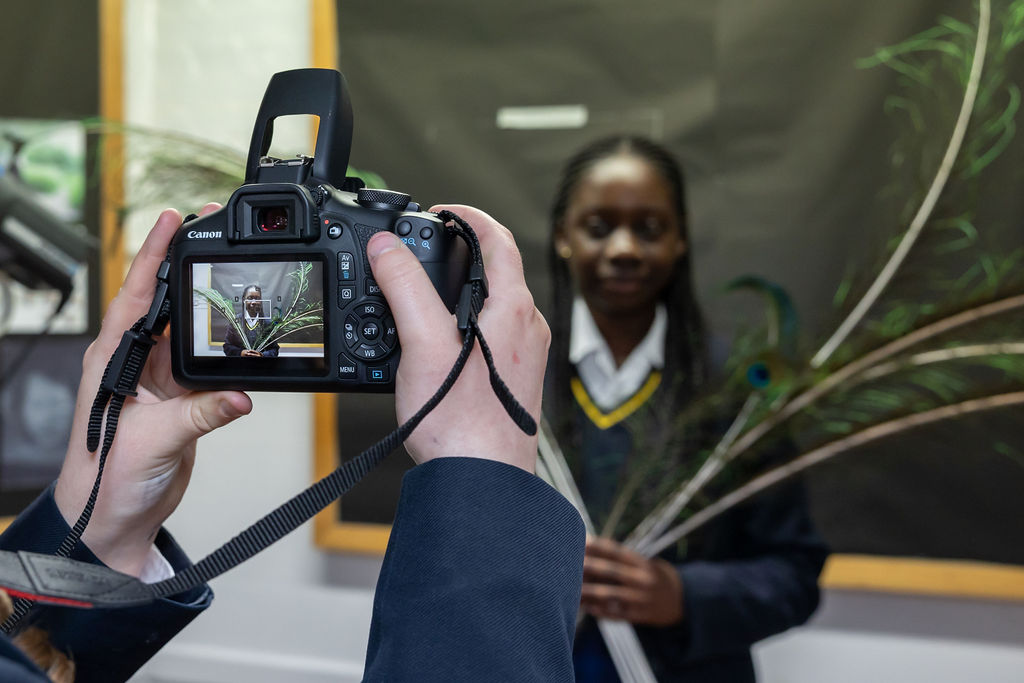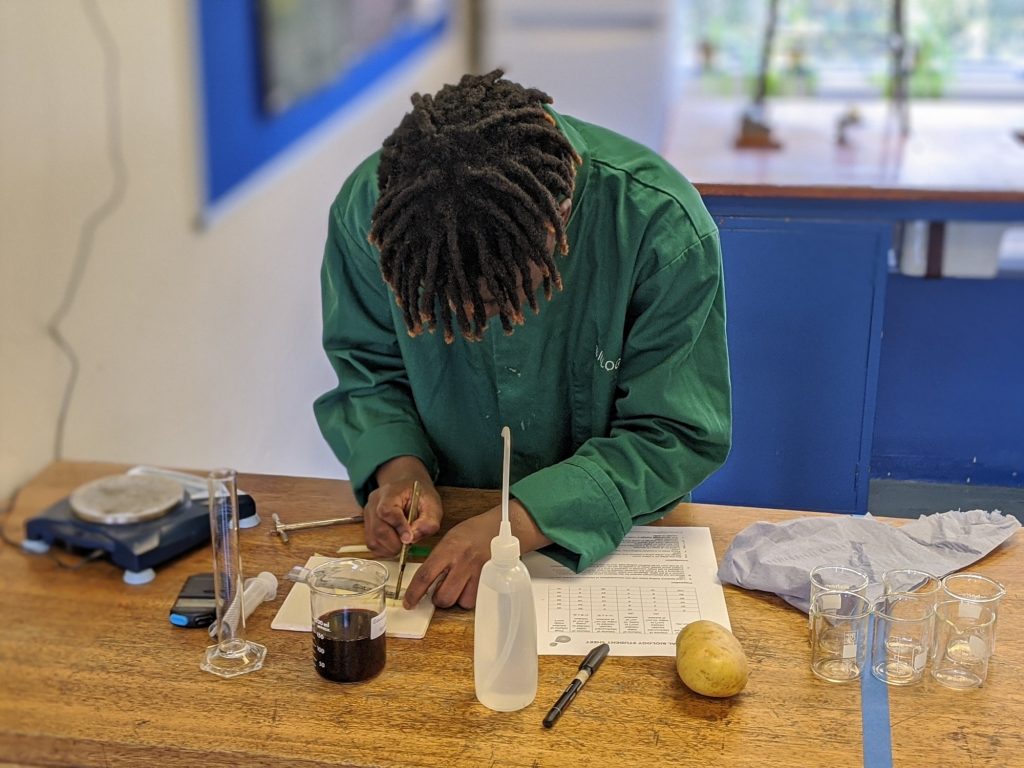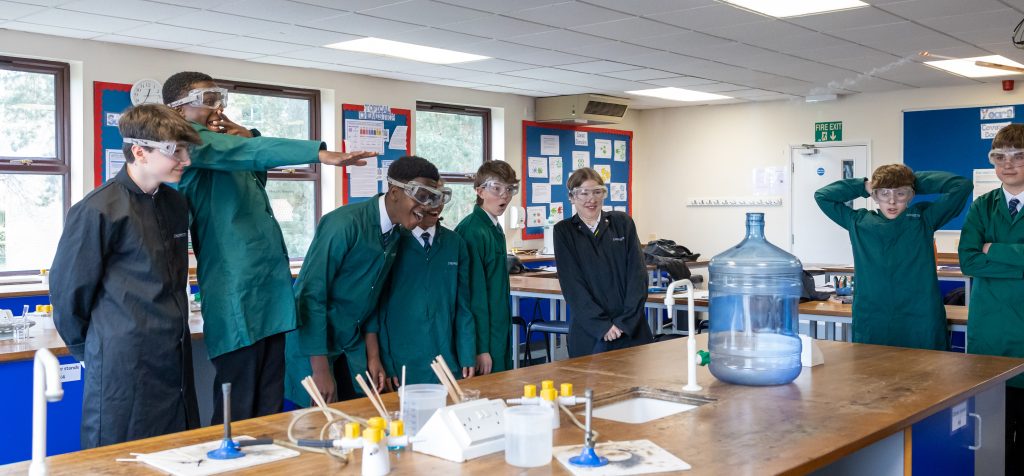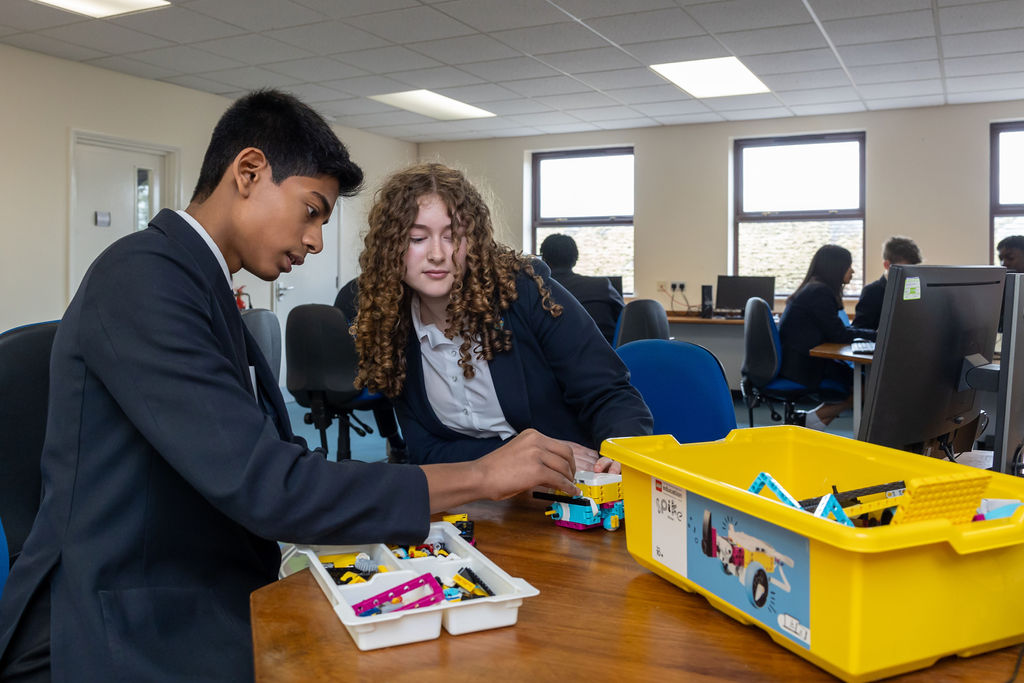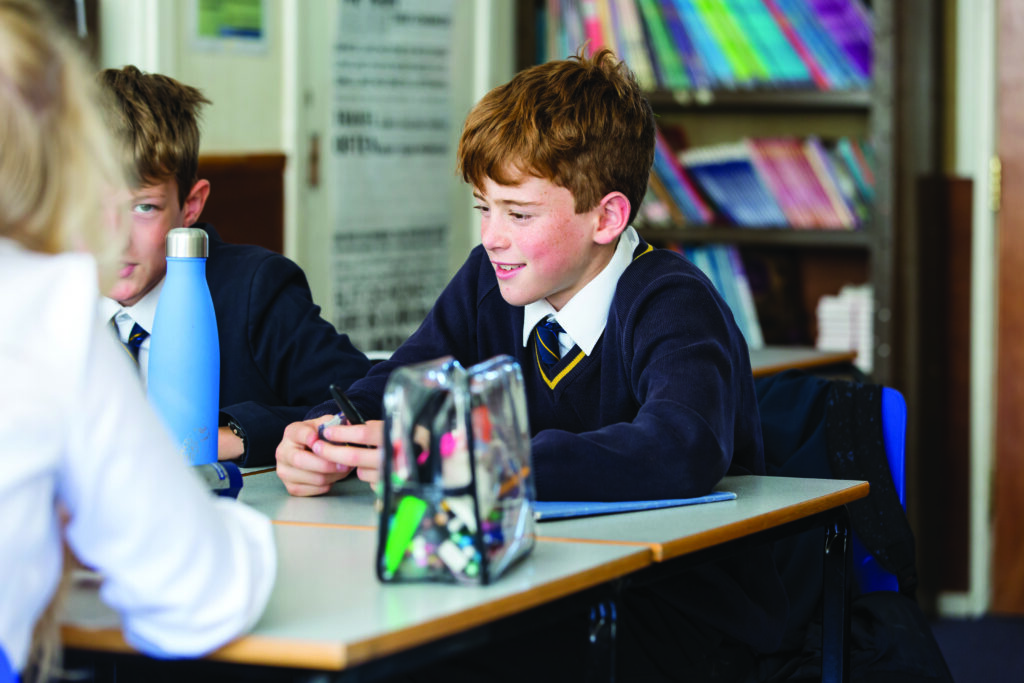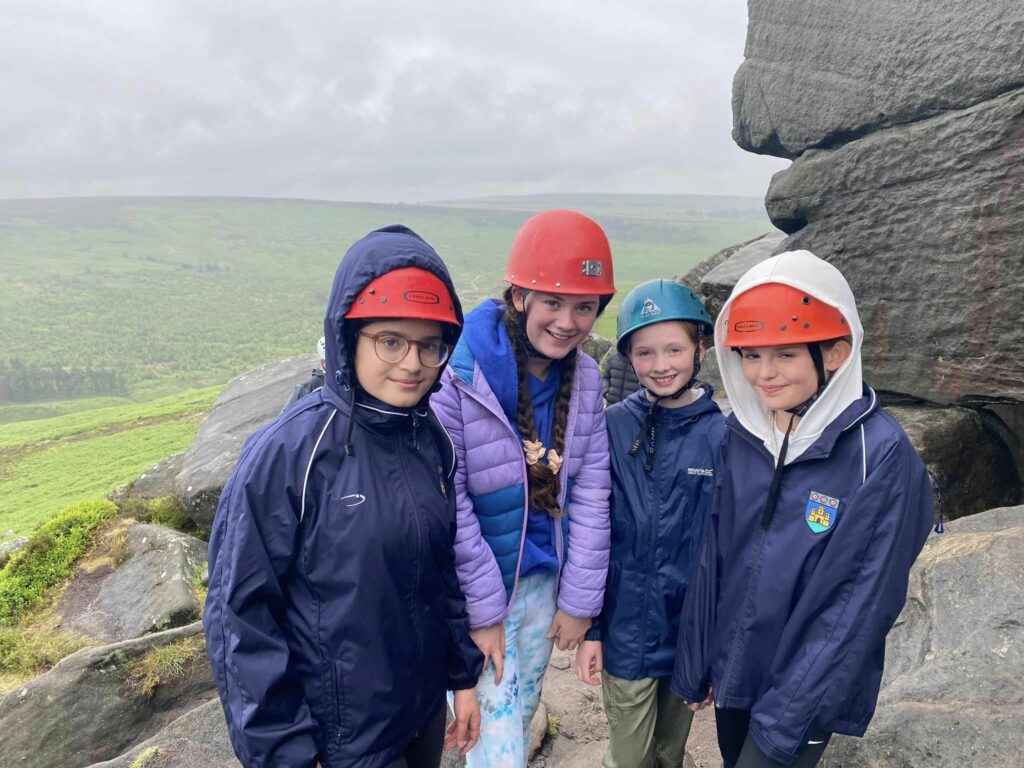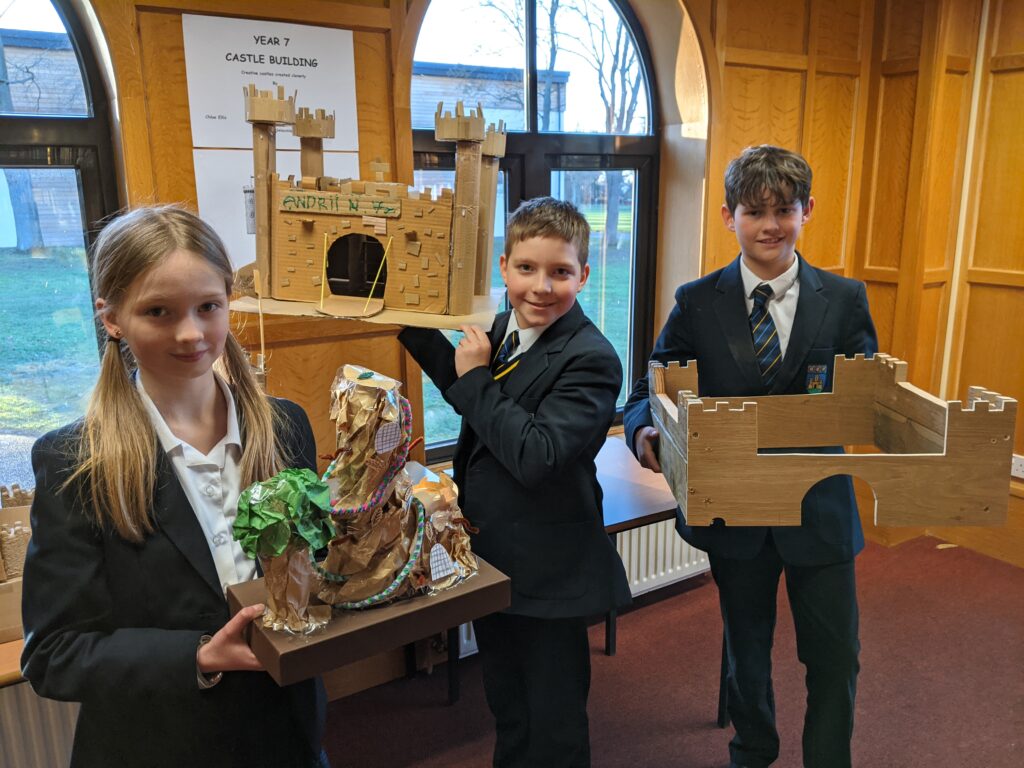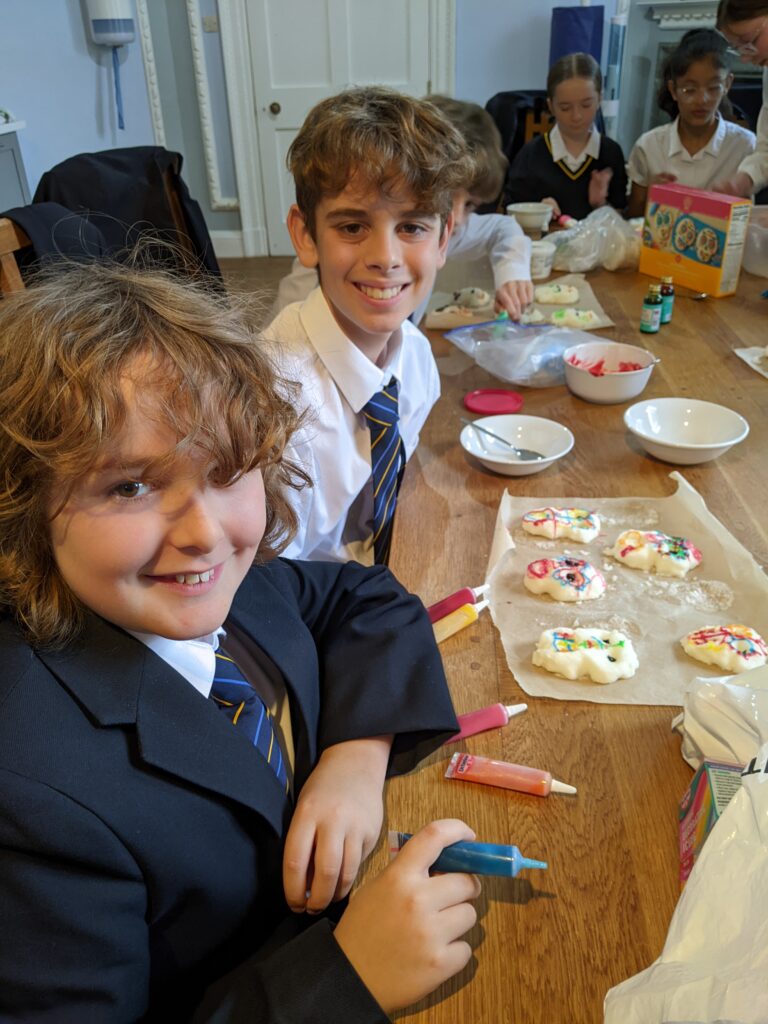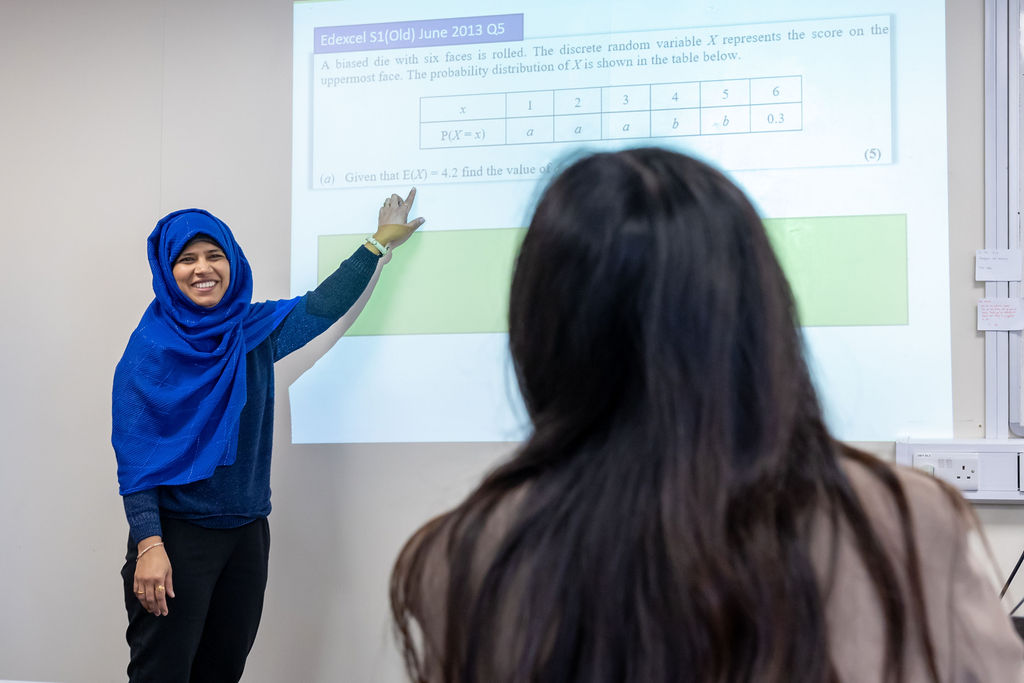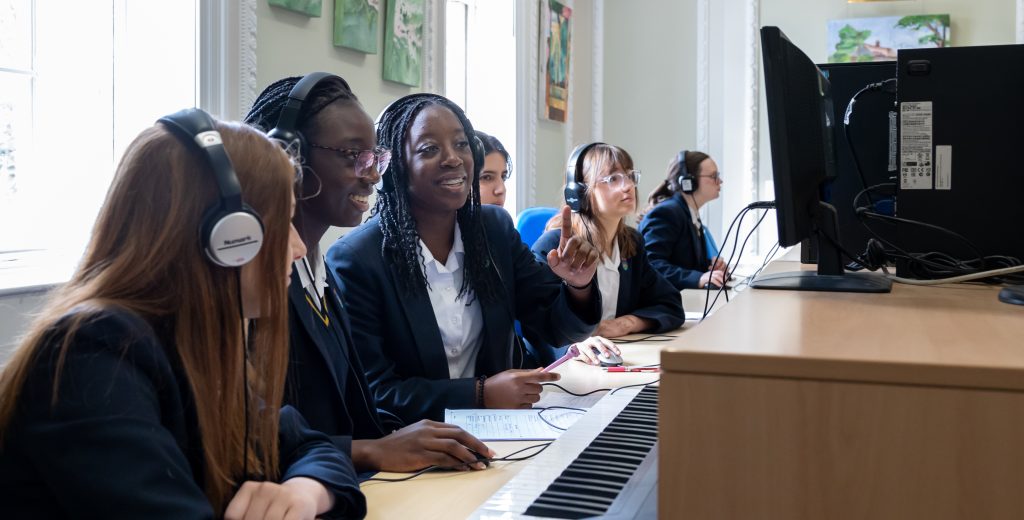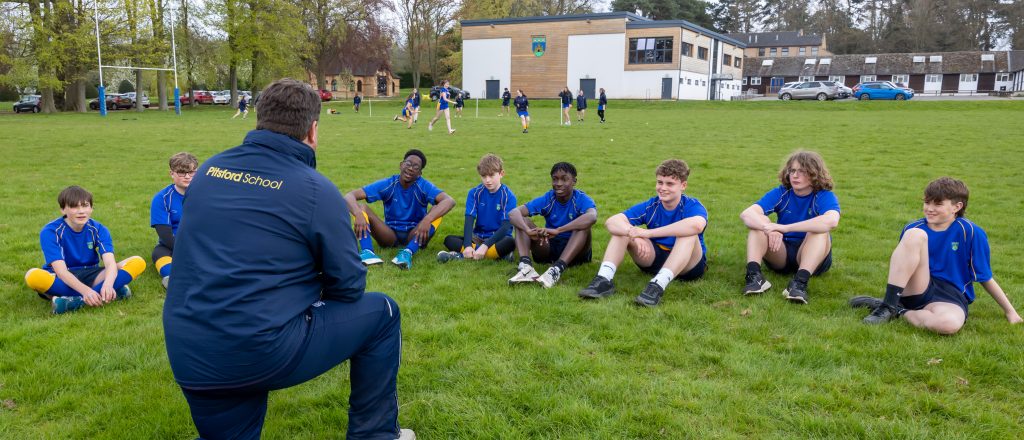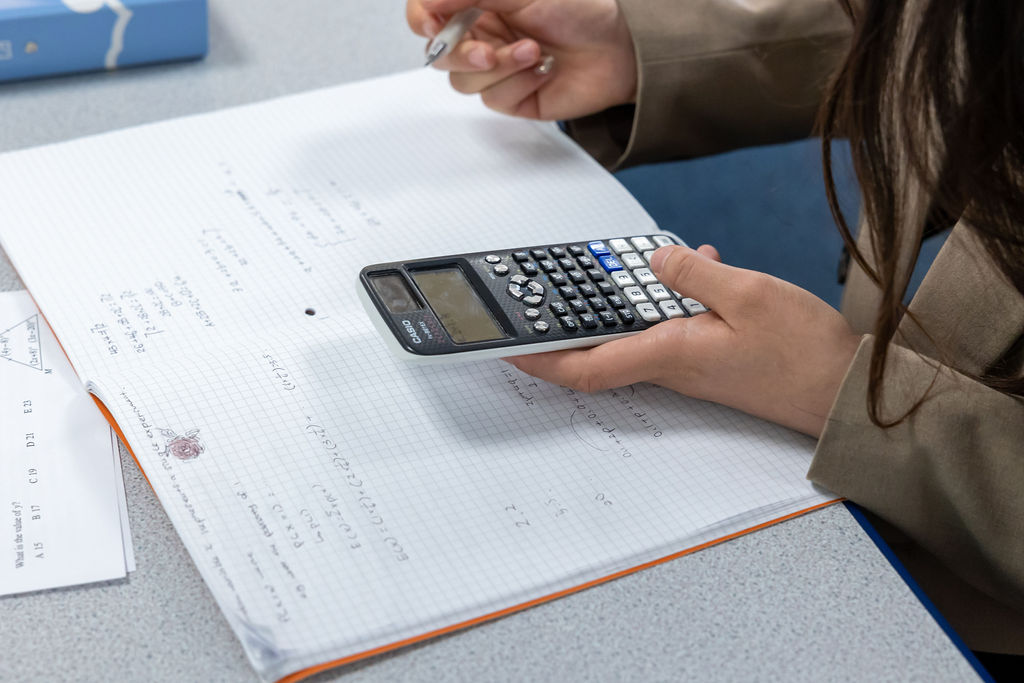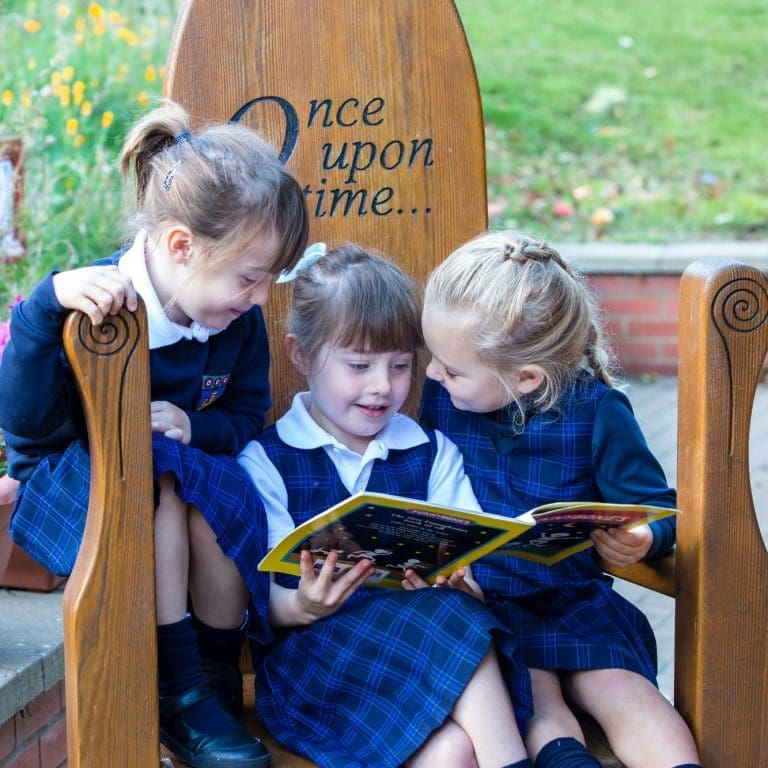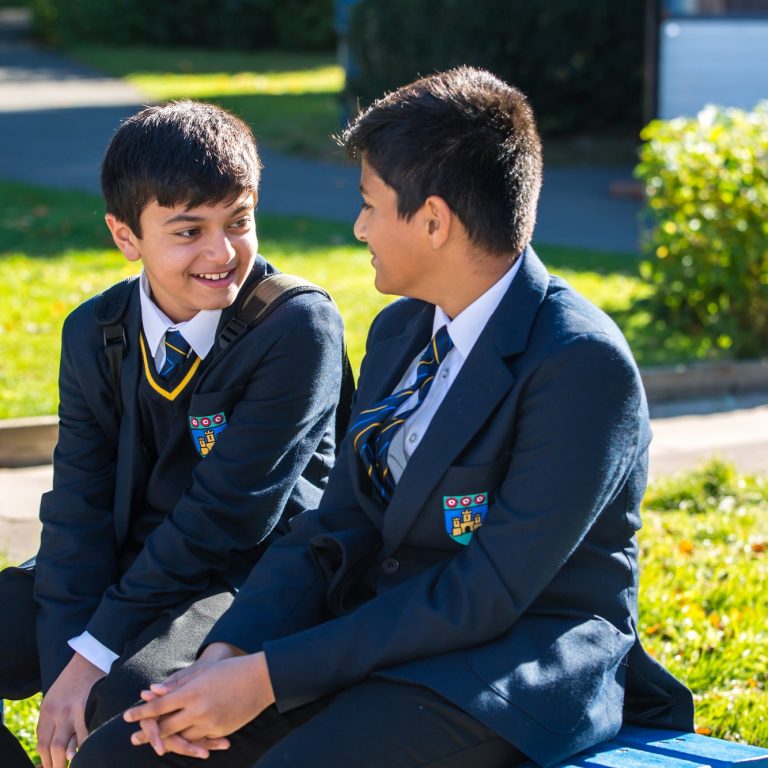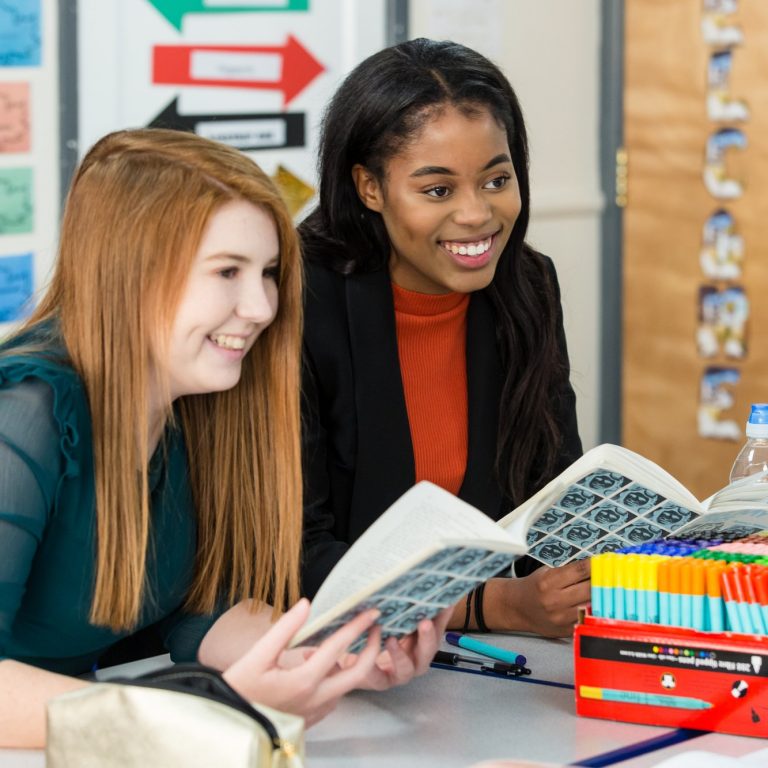At Pitsford School, pupils learn the skills and acquire the knowledge necessary to excel in the demanding examination courses that lie ahead. The entrance criteria are such that all our pupils are able to cope with an academically challenging curriculum; one which is designed to prepare them for entrance to the best universities and subsequent career opportunities.
All pupils study: Art & Design, Biology, Chemistry, Computer Science, English, French, Geography, History, Mathematics, Music, Physics, Physical Education, Religious Studies, Spanish and Personal & Social Education.
For GCSE all pupils take English Language, English Literature, Mathematics, at least two Sciences and one Modern Foreign Language. All pupils continue with Physical Education. In addition they choose four subjects from Art & Design, Biology, Chemistry, Computer Science, French, Geography, History, Music, Physics, Physical Education and Spanish.
Senior School Curriculum
All candidates will study a common core of subjects during the two GCSE years, with a further seven subjects chosen from eleven optional subjects.


